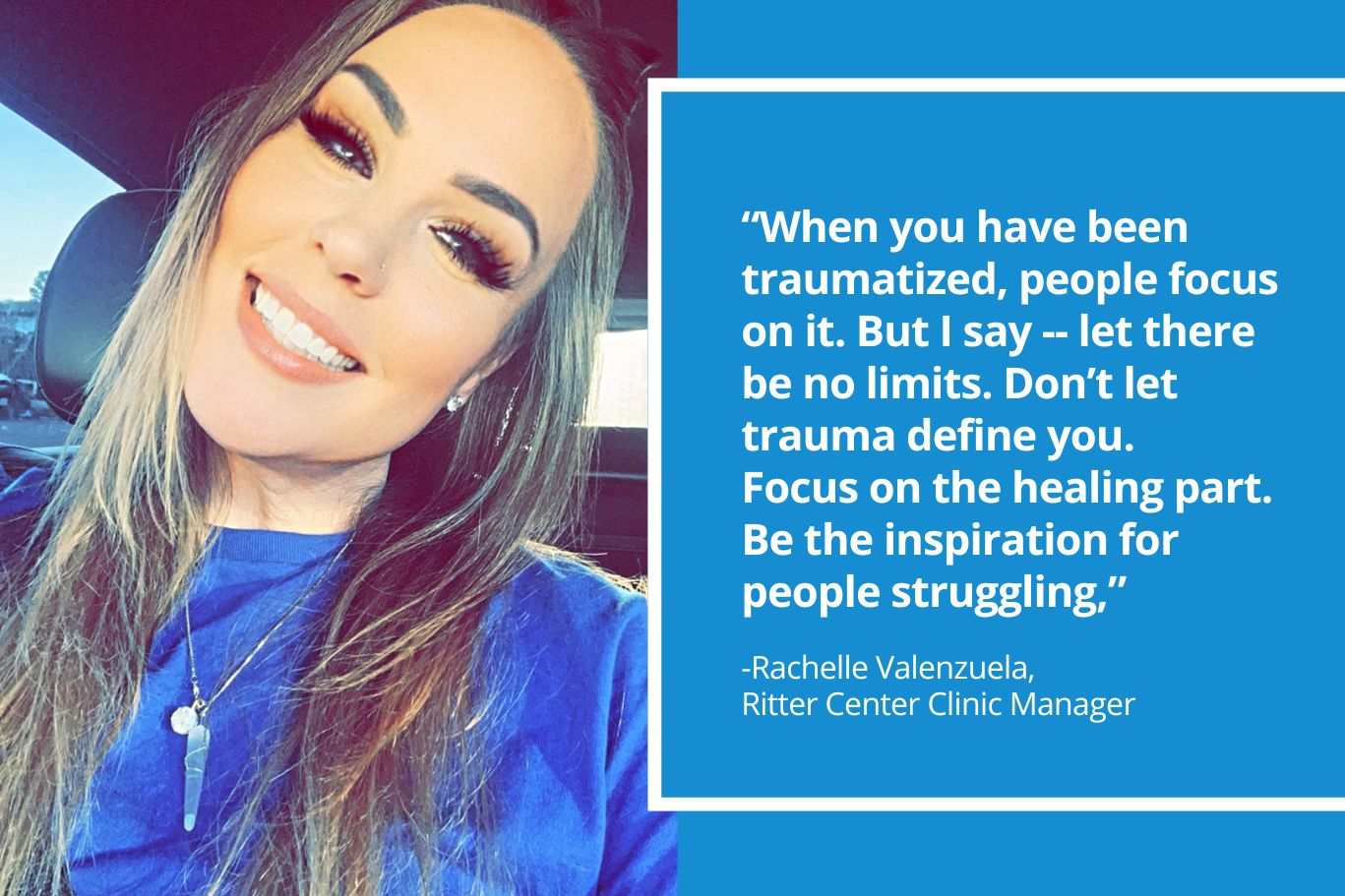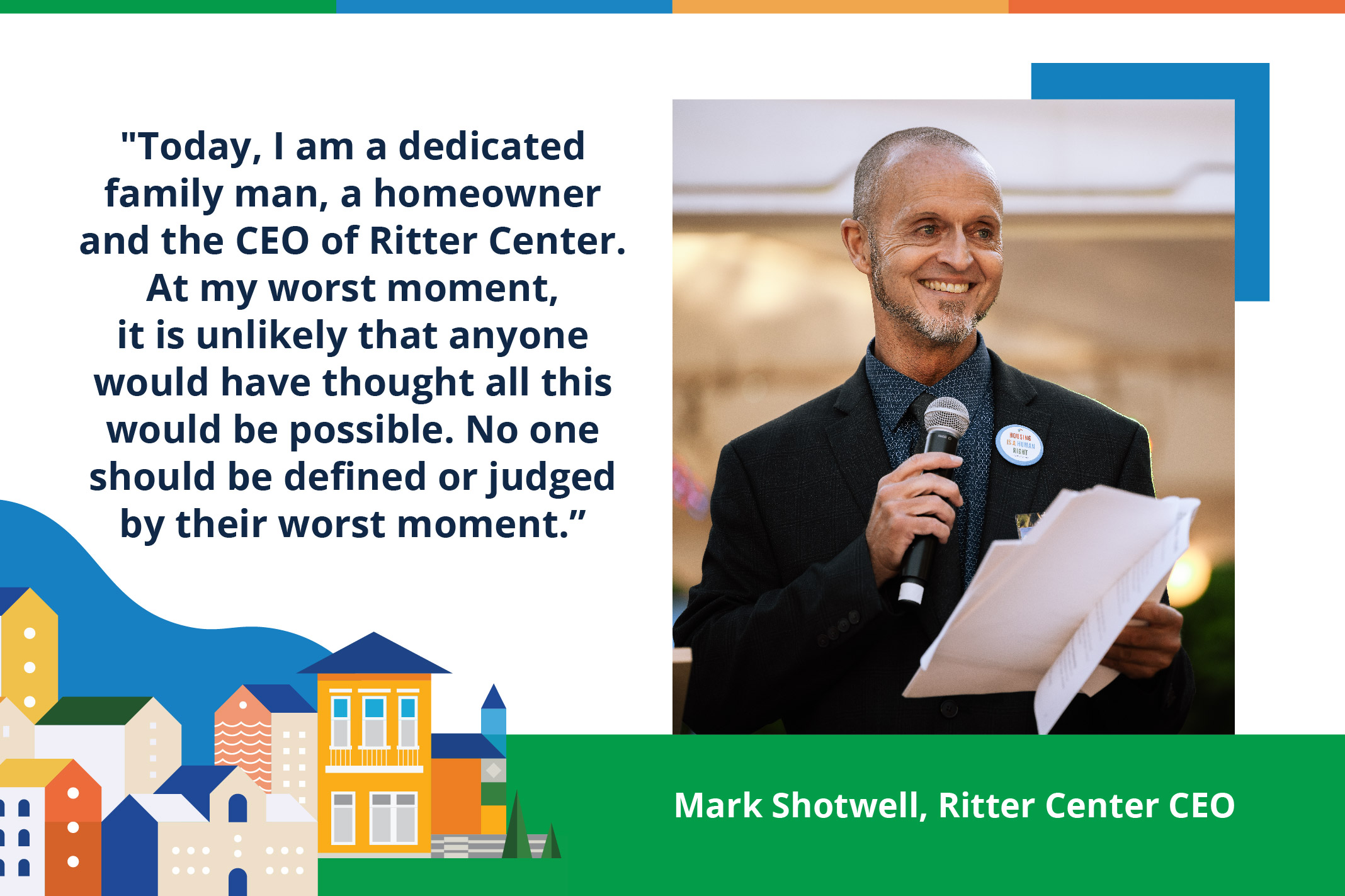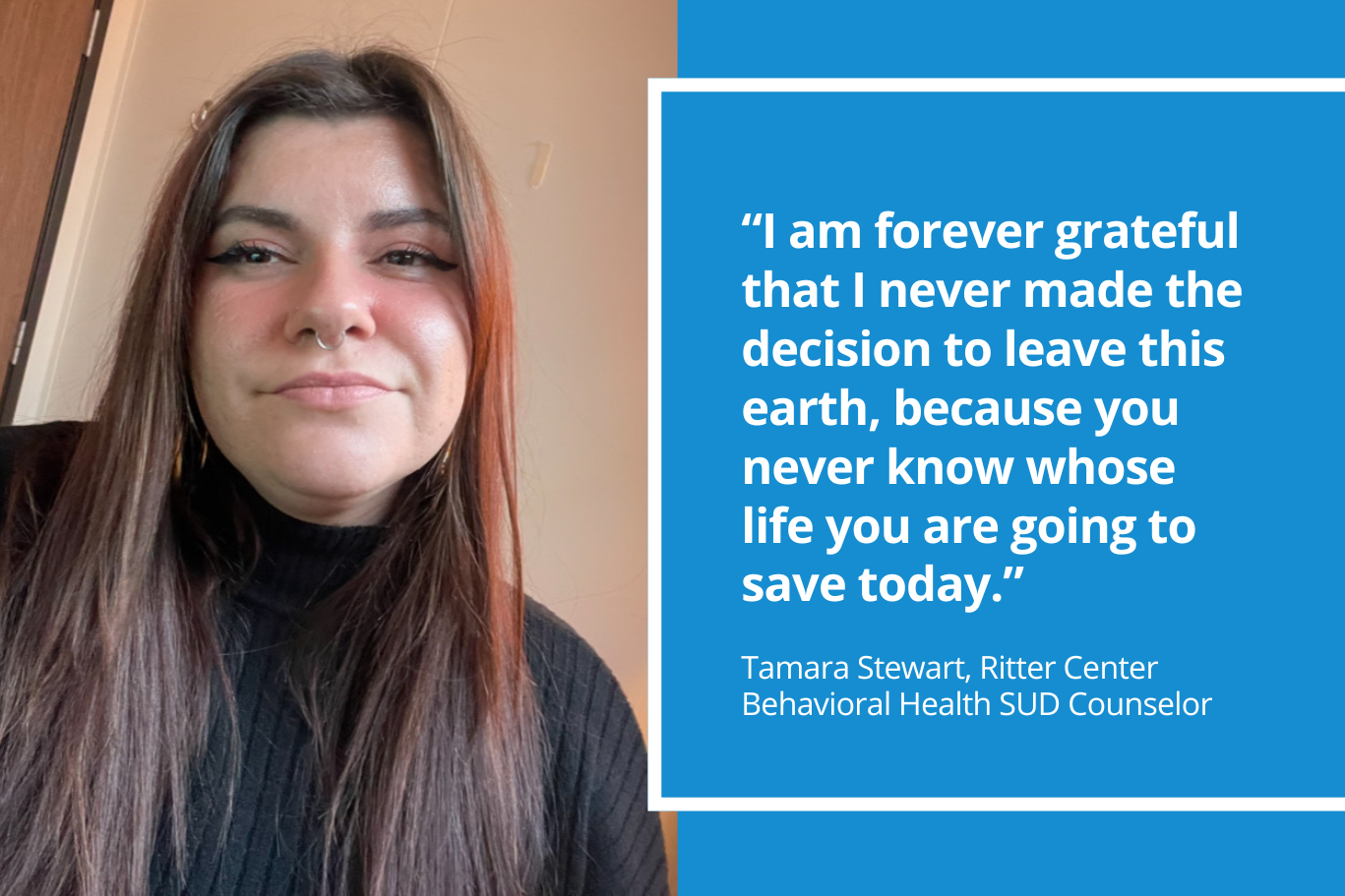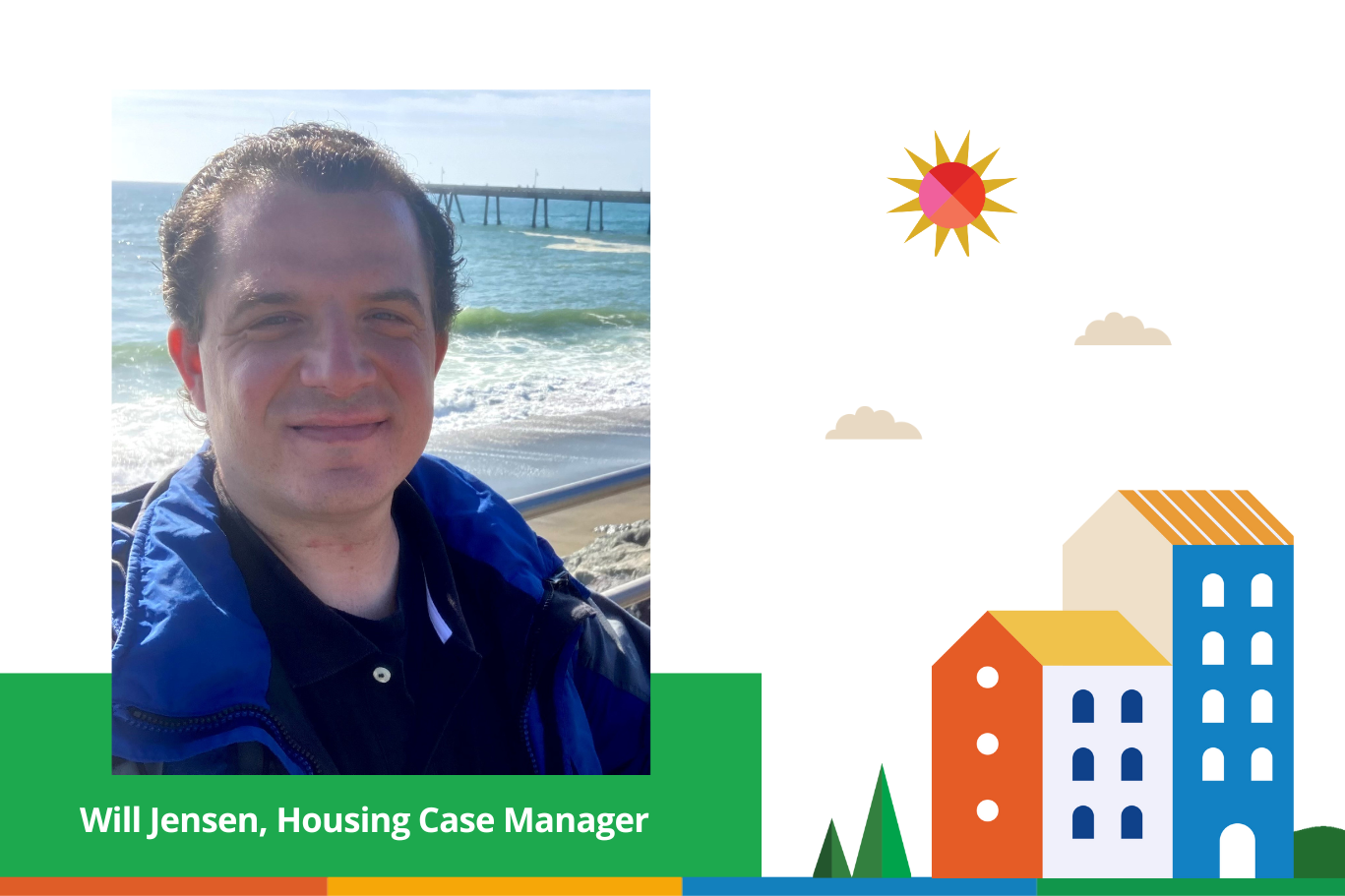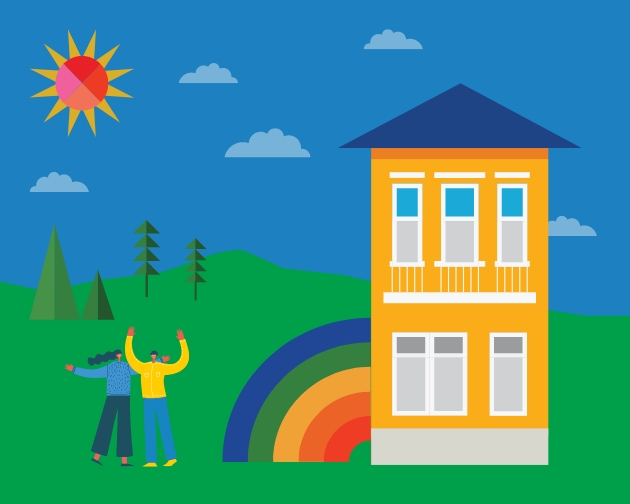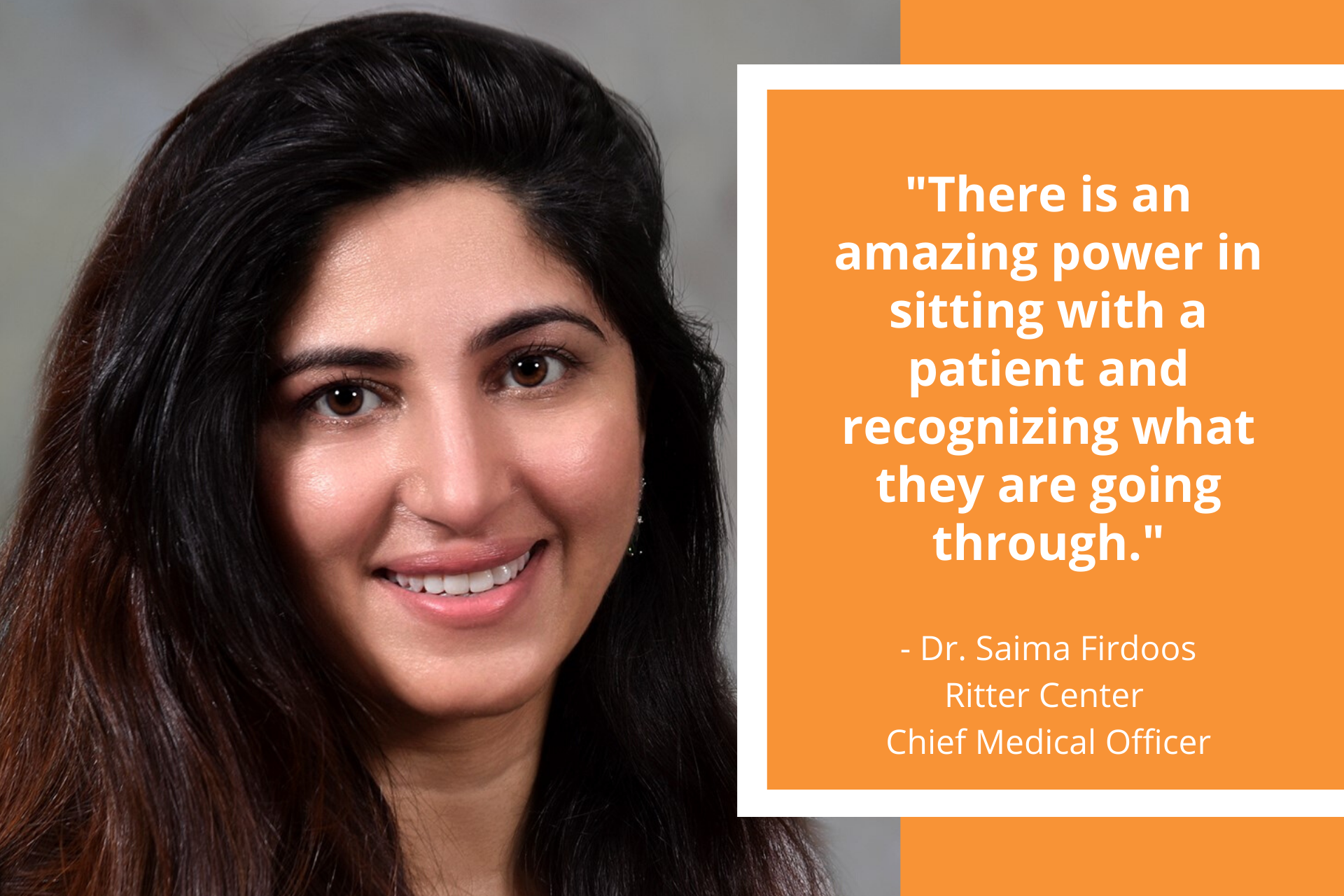
Meet Dr. Firdoos – Ritter Center’s New Chief Medical Officer
We are delighted to announce that Dr. Saima Firdoos has joined Ritter Center as our new Chief Medical Officer. We recently chatted with Dr. Firdoos to learn about her personal story and her fascinating journey to get to where she is today.
Dr. Firdoos was an Assistant Professor of Internal Medicine at Tufts University School of Medicine at Portsmouth Regional Hospital in New Hampshire. She is a Post Doc Fellow in Hepatology from BIDMC Harvard Medical School and was a Resident in Internal Medicine St Elizabeth Medical Tufts University in Boston, where she also did her internship in Psychiatry. Her research includes Hepatitis-C & non-alcoholic fatty liver disease during her Postdoctoral Training at Harvard Medical School. Dr. Saima Firdoos won a National Gold Medal in Hepatology in Pakistan. She is currently Board Certified in Internal and Obesity Medicine and was also a National TV Host on Preventive Healthcare shows in Pakistan before moving to Boston. She has been a board member of AAPNE, and ILC and recently moved to the San Francisco Bay area after spending 12 years in the New England area.
When Dr. Firdoos first came into contact with Ritter Center, she didn’t even know she was looking for a job. She was conducting research and brainstorming the type of health center she wanted to open herself. But, as Dr. Firdoos started talking to Ritter Center, she realized that the intersection between what she wanted to create and where she might go to learn more about holistic health to ignite social change was the role of Chief Medical Officer.
Born in a village in Pakistan, Dr. Firdoos was the sixth child and the fifth girl born into her family.
My mother was so scared to have another girl that she didn’t even look at me for a few days! She was terrified. My father and his family were against girls’ education in general, given its patriarchal culture. My mother had to go through tremendous opposition for sending her first born daughter to school which required one to walk several villages to even get there. My uncles would burn her books to discourage her, resulting in my other two sisters not going to school at all.
My very brave mother left the village, sold her property and jewelry and made sure that my oldest sister continued her education. The local principal spotted me at age three and said I could come to school for free. By the time I was in third grade at age seven, I was at the top of my class. I ended up at a larger school where I had my first experience failing an exam in the process. Suddenly, at this bigger school, I was not always first in the class anymore. When I failed a subject, the school contacted my mom and had her come to the school. That was a major moment in my life. I wanted to make her proud of me. At that point in time, I knew I could never fail again. I knew that the one thing I could do to make her proud was to push myself the hardest I could to be the best I could be. That drew me to the pathway of medicine.
In my community, the choice was either teacher or doctor. These were the only two choices my family would respect. The cultural pressure was tremendous. I chose doctor, of course!”
She had lost one of her sisters, “Rihana,” to fulminant hepatic failure. That drew her to the field of Gastroenterology/Hepatology research. This line of work led her to attend global conferences to pursue the advancement of the study of diseases around the globe.
Eventually, her life story brought her to the US.
It was my destiny. Mom let me go to New England. In time, I had so many different unique experiences in the healthcare field that made me remember why I went into medicine in the first place – to make a difference! This position at Ritter Center is a calling. Healthcare is so complicated in the US. After talking to the staff at Ritter Center, I knew that this fit my passion and my life’s dream of starting a holistic clinic.
I needed to escape the demanding pace and pressure of medicine where metrics rule the day. I wasn’t getting enough time to make a difference. I couldn’t talk to patients or think about them in the ways I wanted to, which is the key difference. Half the disease is cured by talking to the patients. I need time to understand them as individuals and to prescribe alternative modalities like diet, exercise, yoga, and meditation. I have benefitted from these alternative therapies by my struggles with an autoimmune disease.
By incorporating a holistic approach to what I learned in my own life, I can share this with others. I can actively listen. I can take the time to understand what is going on in their life. I can resist the demands of labeling and instead work to identify the triggers.
In my previous roles, I didn’t have the ‘luxury’ of time. I would send them right back to their same environments. Those same triggers recurred, and their medical issues and symptoms returned right along with them. I know that people experiencing homelessness can benefit from this type of holistic thinking. With anxiety at an all-time high, let’s help people get addicted to something good! People with an addiction to substances have a recurring urge to do the same thing over and over again. I used to
There is amazing power in sitting with a patient and recognizing what they are going through – although it is typically considered more social worker or psychiatrist-like in nature. But it works. Every physician has a different impact. They may trust you the most. I never judge them. There is so much shame and guilt involved already. It reminds me of a story.
I had a young patient in her twenties who was struggling with an abscess in her spine because of intravenous heroin injections. She required prolonged hospitalization for about six weeks, but instead, she left three times against medical advice on her first day of admission. My brief training in Psychiatry has helped me tremendously to bond with patients and be non-judgmental. She told me that she stayed in the hospital because of her connection to me. She had decided not to go back to her partner, who was doing drugs, as she realized now that returning to that same environment would cause her to fall back into that trap again. That’s part of why I feel so compelled to work to build a community of healthcare workers who have time for their patients, time to give them a call for even a few minutes to offer an alternative perspective. I am excited to work with Ritter Center to build a better tomorrow with a new and different voice,” shared Dr. Firdoos.
In her spare time, Dr. Firdoos likes to read Sufi poetry, research literature, create music, films, and documentaries related to social issues across the globe. We are genuinely thrilled to welcome Dr. Firdoos to Ritter Center and are excited about the healthcare journey she will help carve for Ritter Center and our patients.

